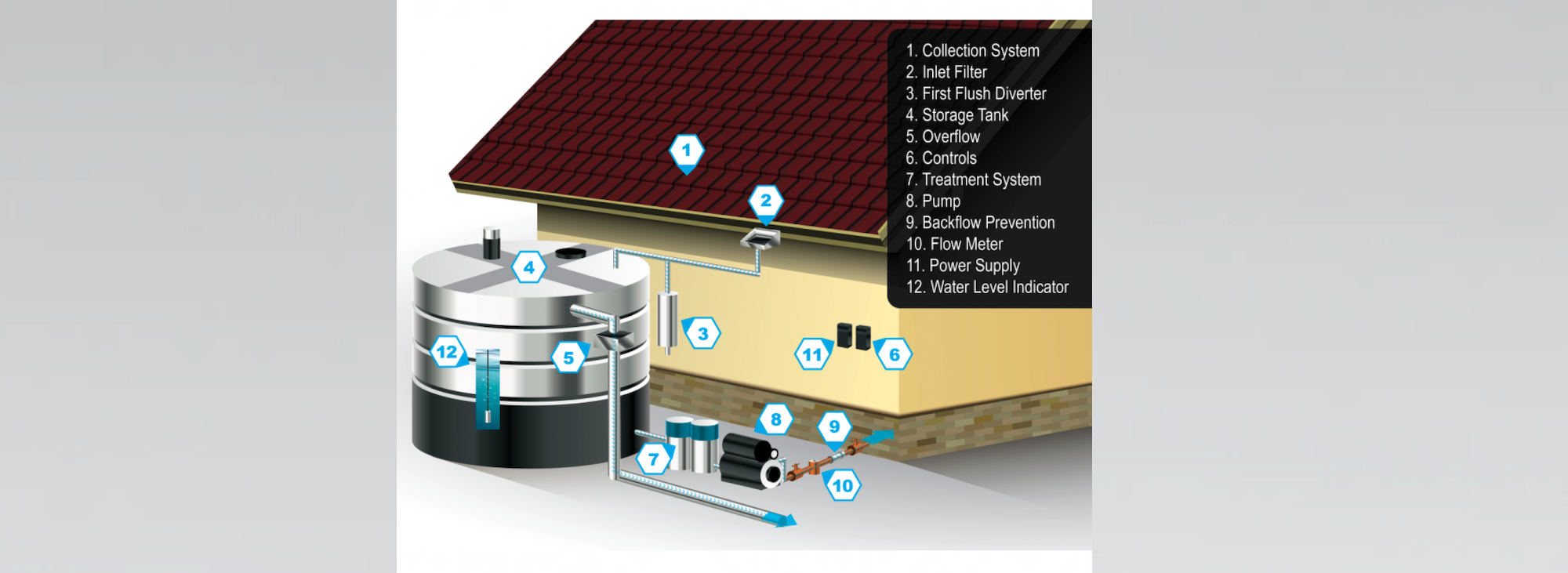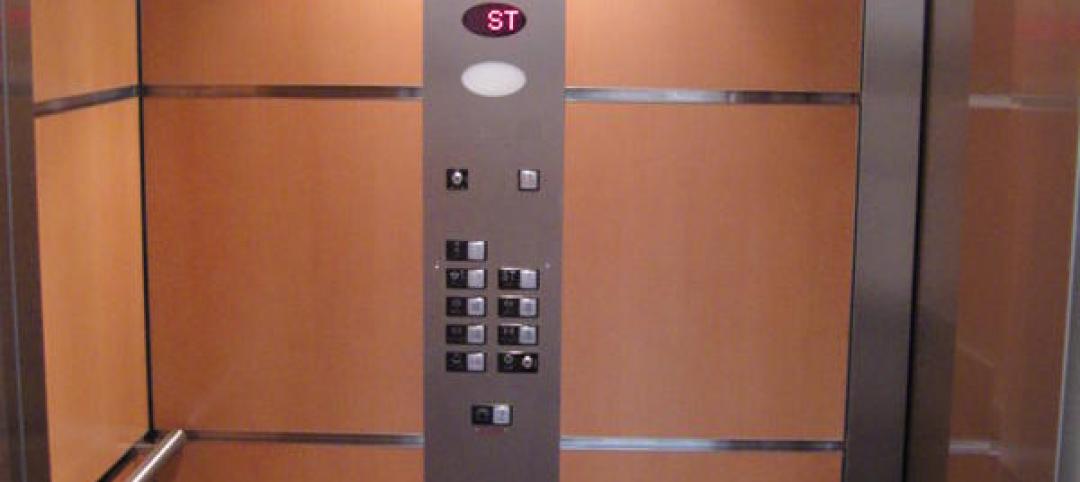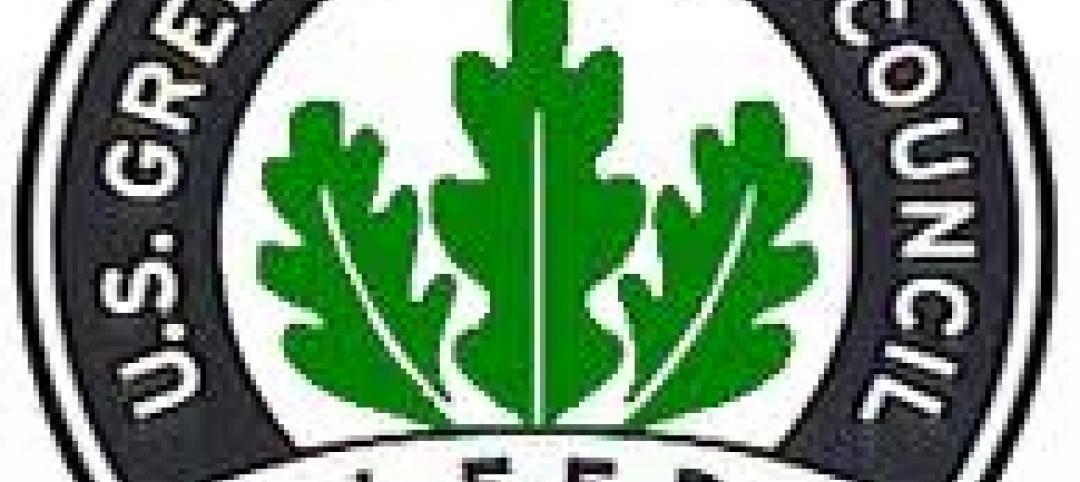ASSE/ARCSA/IAPMO/ANSI Series 21000-2022, Professional Qualifications Standard for Rainwater Catchment Systems Personnel, has been designated as an American National Standard by the American National Standards Institute (ANSI).
Now available for purchase, the standard was first published in 2017 by ASSE International and the American Rainwater Catchment Systems Association (ARCSA) to address an increasing number of residential, commercial, and industrial rainwater and stormwater systems being installed. The standards within Series 21000 establish best practices and uniform minimum requirements for qualified designers, installers, and inspectors of viable alternative water systems utilizing captured rainwater or stormwater.
Program guidelines and a series of exams have been created for the certification of rainwater catchment system installers, designers and inspectors. The standard complements ARCSA/ASPE/ANSI 63, Rainwater Catchment Systems, and ARCSA/ASPE/ANSI 78, Stormwater Harvesting System Design for Direct End-Use Applications.
“Today, 42.4% of the U.S. and 50.7% of the lower 48 states are in drought. Properly designed, installed, and inspected rainwater catchment systems can help replace the use of potable water for irrigation and allow for watering landscaped and gardened areas during times of drought,” said Kurt Steenhoek, United Association (UA) international representative and ASSE Series 21000 Working Group chairperson. “These systems can help bring water to areas that have development restrictions, depleted ground or surface water sources, or infrastructure that is unable to deliver suitable water quantities or qualities.”
Related Stories
| Apr 26, 2012
Developers can use LEED wastewater credits to help gain approvals in environmentally sensitive locales
Those wanting to pursue development in heavily regulated and environmentally sensitive areas are benefiting by designing projects that qualify for LEED points, even if the project as a whole does not achieve certification.
| Apr 26, 2012
New York City Council moves to license elevator mechanics
New York’s City Council introduced a measure last week that would require the city’s 7,000 elevator mechanics to meet national standards and be licensed by the city.
| Apr 19, 2012
LEED 2012 to include new credit category for transit-oriented development
The updated LEED 2012 system will introduce a new credit category, “Location and Transportation,” to encourage development oriented around public transit and more walkable communities.
| Apr 13, 2012
International Living Building Institute certifies first two Net Zero Energy buildings
A community building in Oregon and an office building in California are the first two projects to earn net-zero status under the International Living Building Institute’s Net Zero Energy Certification program.
| Apr 5, 2012
LEED 2012 will include new requirements for data centers
The U.S. Green Building Council’s updated LEED 2012 standards will require two systems to be modeled for each project in order to show power utilization effectiveness.
| Mar 30, 2012
LEED growing fast in the housing rental market
Last year, developers of 23,000 U.S. multifamily housing units applied for LEED certification.
| Mar 30, 2012
Forest Stewardship Council critical of proposed LEED 2012 changes
According to the Forest Stewardship Council (FSC), the third draft of LEED 2012, if approved as written, would represent a step backward from the current Certified Wood Credit.
| Mar 22, 2012
Symposium on water efficiency: How much more water can be saved?
The Third International Emerging Technology Symposium by IAPMO and the World Plumbing Council features a session on water efficiency.
| Mar 15, 2012
ANSI approves new fall protection standards
The American National Standards Institute (ANSI) has approved two American Society of Safety Engineers' (ASSE) standards addressing fall protection.
| Mar 8, 2012
New LEED-EBOM rating has requirements for specific project types
Several key changes are proposed for the LEED-EBOM Rating System in 2012.

















